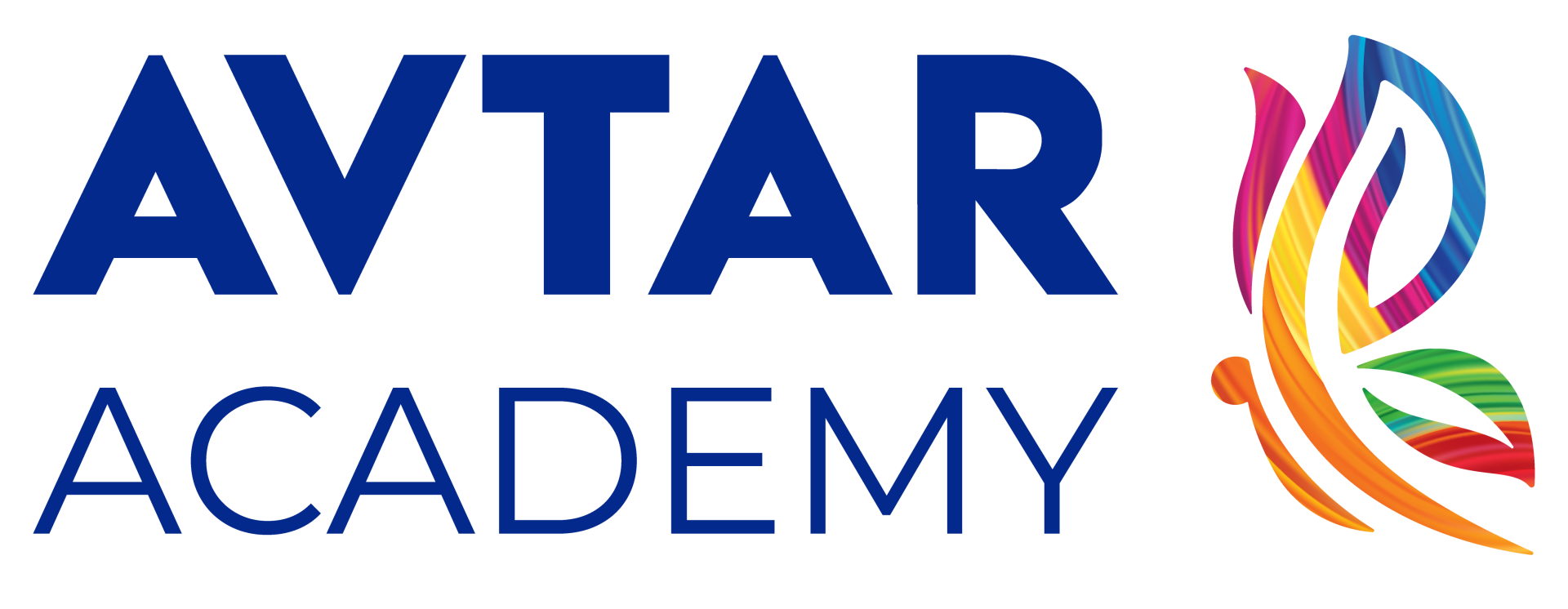Everyone has a purpose. To discover one’s purpose is an inward journey.
“Your real job in life is to figure out as soon as possible what that [your calling] is, who you are meant to be, and begin to honour your calling in the best way possible,” writes Oprah Winfrey in The Path Made Clear.
• Do you feel trapped in a job that you do not particularly care about?
• Do you find yourself working just for the pay cheque?
• Were you compelled to choose a career due to family pressure?
• Is your work an expression of your identity and one from which you derive tremendous joy and satisfaction?
Our responses to these fundamental questions characterize our current orientation to work. How do we engage ourselves with the world of work? How do we derive meaning and sense of fulfilment from our interface with work?
Amy Wrzesneiwski, professor of Organizational Behaviour, Yale School of Management, talks about the three different contexts through which people identify with their work: job, career, and calling orientation.
Let me begin with a real-life story. As a young girl growing up in Madras that is now Chennai, I recall taking bus route No. 3A from my home to school. There was one bus conductor who still lives in my memory, despite the intervening years. He was affable, kind, and courteous to all passengers. Ever smiling, he had an easy fluid way of negotiating with the passengers on a crowded bus and ensured that all passengers were not only comfortable but also complied with the rules and regulations. He did so with gentle humor, infinite patience, perseverance, passion, and poise. He clearly was someone who derived tremendous sense of joy and satisfaction from his work and radiated it to the passengers on the bus. His work ethics deeply impressed and inspired a young girl!
A person’s work orientation is influenced, impacted, and guided by one’s personality, core values and preferences. The following set of three questions offer a quick and effortless way to understand what each of these terms mean:
• What do I have to do? (Job orientation)
• What do I want to do? (Career orientation)
• What am I meant to do? (Calling orientation)
Job orientation: People who are job oriented have a transactional approach to work. For them, work is a means to an end. They are clear that they offer their time and skills in return for the pay cheque that supports their lifestyle. They may not have deep engagement with the work and are more invested in their life outside the world of work.
Career orientation: It is said that a job is what you do for others, but a career is what you do for yourself! People with career orientation are motivated by professional growth and the recognition, success and prestige that is associated with moving up the organizational hierarchy.
Calling orientation: People with a calling orientation are those people for whom their profession is also their passion and vice versa! They experience a deep sense of alignment between their vocation and who they are as a person. They are inspired and motivated by a feeling of doing their work and making a positive impact through their work. For them, their work feels connected with their purpose and values. They experience an abiding and deep personal and emotional connect with their work. Their work is an integral part of their identity, and they engage with a sense of joyfulness and apparent effortlessness with their work. For such people, their careers are a form of self-expression and deep fulfilment.
Work orientation is fluid and dynamic and is impacted by events in our personal and professional spaces. Besides, work orientation is a spectrum (and not a binary) with most people having a combination of two orientations (e.g., job and career orientation).
Discovering one’s work orientation, as Amy Wrzesneiwski, says, enables us to “craft” our engagement with work so that we redesign our responsibilities to better leverage our core strengths. According to her, rarely are jobs designed to align with the talents, skills and preferences of aspirants and employees. Each of us must, therefore, with intentionality, nurture the art and craft of job crafting.
Let’s conclude by looking at a real-life example of someone who discovered her calling very early but had to work hard to bring it to fruition – JK Rowling. Rowling grew up surrounded by books, and she always wanted to be a writer. She wrote her first novel when she was just 11. But writing as a profession didn’t work for her early on. So, she took on all kinds of work for years because she really needed the money. She wrote the first Harry Potter book in her spare time, often in coffee shops, because she didn’t have a private office space. The first book was rejected by several publishers, which left her disappointed and discouraged. But she didn’t give up and continued to believe in her talent and story and kept improving her writing. And finally, Bloomsbury Publishing agreed to publish it in 1996, and it became a resounding success! The rest is history. Rowling has stated that the early rejections she faced helped her to become a stronger person and a better writer.
There is no right or wrong orientation to work. At the start of our journey, we begin by being job oriented and gradually, slowly but surely “discover” or calling. Are we willing to stay attuned to ourselves and courageously engage with ourselves and watch our calling bloom like a flower?


